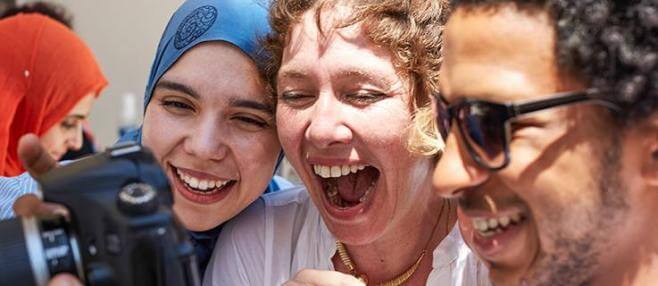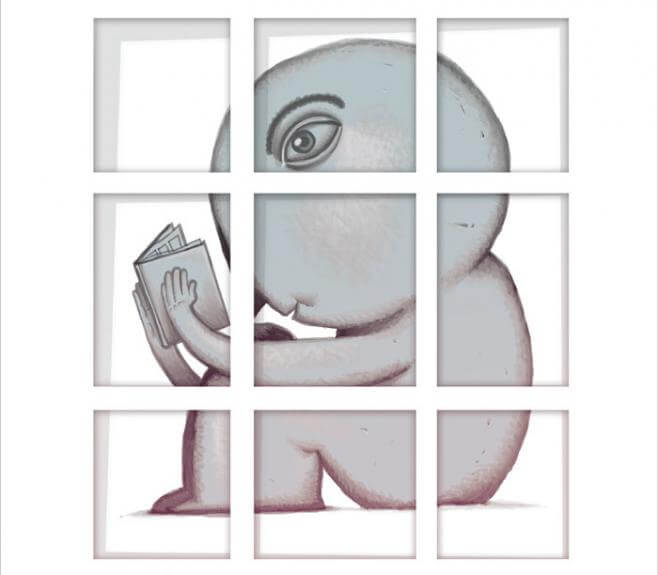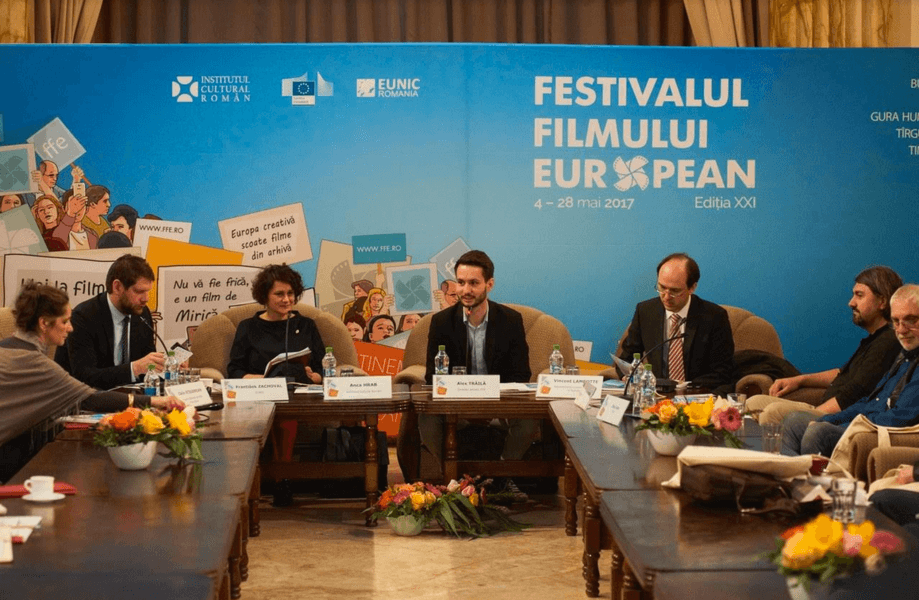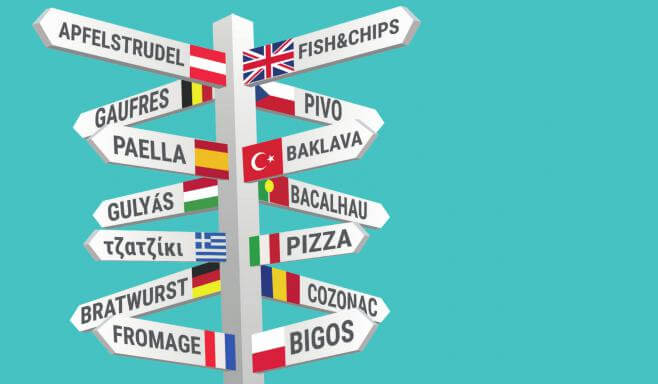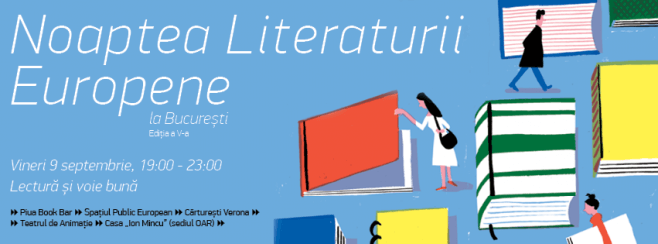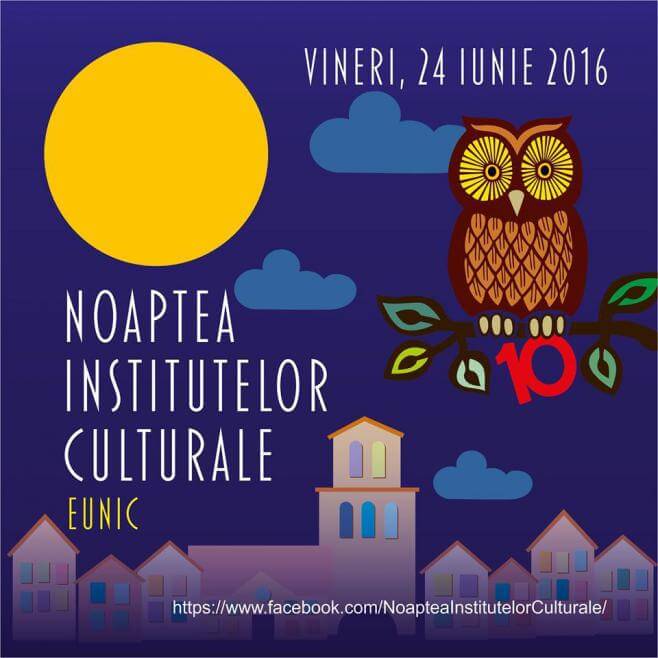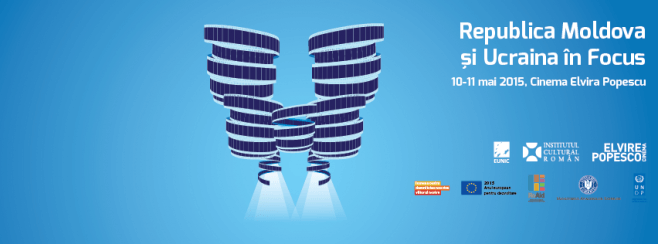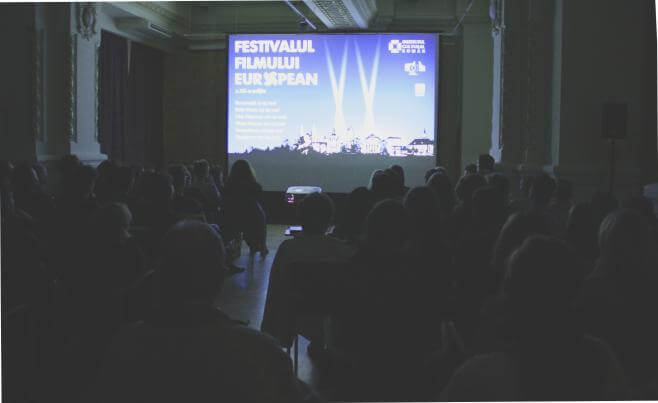The open call for Cultural Management Academy runs until the 1st of May.
The post-graduate program in 2017 will be held simultaneously in Bucharest, Thessaloniki and Sofia, with a joint online learning platform and on-site events. The program is developed under the guidance of the Goethe-Institute and Sofia University. The CMA (Cultural Management Academy) in Bucharest is organized in cooperation with the Municipality of Bucharest through ARCUB and with the support of the EUNIC Romania cluster.
The program includes a one-week intensive educational course in Bucharest with the topic Capacity building for culture in the framework of cultural strategies (e.g. ECOC) with lectures, seminars, discussions and individual assignments with Romanian and foreign professionals from the art sector, an online education platform with individual and group assignments. The program culminates in an international conference on cultural management and a networking fair, bringing together participants from Bucharest, Sofia and Thessaloniki and international guest-speakers. Upon successful completion of the Academy, Goethe-Institute will fund on competitive basis start-up collaborative international projects between participants from Bucharest and their colleagues from the branches in Sofia and Thessaloniki.
►Why to apply?
The program will engage participants from both public and independent sector in an experience that will develop their capacity of understanding the context for cultural strategies, offer skills to work with public documents on cultural policies (national or local cultural strategies), will strengthen relations between the independent sector and the public one, will expand the conceptualizing and critical skills and capacity to evaluate the risks etc.
Participants will have the occasion to engage in international collaborations. They will be offered excellent opportunities to build up their cross-border international network, to build their portfolio as speakers at the international academic conference and published author. They will have a chance not only to develop new collaborative international projects but to receive funding and implement them.
►What to expect?
An intensive one-week on-site course in Bucharest with Romanian and international speakers. A great group of like-minded professionals from Romania, Bulgaria, France, Germany, Hungary and Poland. Individual and group work, peer-to-peer learning, online support and mentoring. The program is curated by Miki Braniște, cultural manager and director of the Temps d’Images Festival, with the support of an international curatorial team.
The general theme of the program is Capacity building for culture in the framework of cultural strategies (e.g. ECOC). The group will explore a variety of challenges, opportunities and working approaches into ways of developing their cultural activities in a context, decoding cultural strategies and ways to enroll in their major directions, developing public-independent collaborations, develop cross-culture partnerships, identifying new tendencies in international cultural cooperation, risk-taking and embracing uncertainty in organizational endeavors.
►Who can apply?
Cultural sector professionals, including literature, design, architecture, theatre and film festival curators, museum and gallery managers, club promoters and programmers, librarians, representatives of relevant city administrations, foundations, community centers, NGOs.
Successful candidates should have a Bachelor degree and be fluent in English.
Tuition: 200 Euro, which includes:
– the 5-day intensive course and 3-day international conference and networking event (transport and accommodation in Sofia included);
– lunch/ coffee-breaks and training materials;
– access to online learning;
– expert assessment of individual work;
– mentoring/consultations with Romanian and international professionals;
– opportunity to be a speaker at the international academic conference and to publish your paper;
– participation at the Balkan networking event;
– opportunity to develop a new collaborative cross-border project and receive funding of 2,500 EURO for it.
Requests to reduce the participation fee can be considered to a limited extent. In that case, the organizers ask for convincing reasons. Also, organizers can offer accommodation to a limited number of participants from other cities.
►How to apply?
– Expression of interest (max one page) setting out your motivation and a project you would like to develop further and to possibly find partners through the academy program
– Up-to-date Curriculum Vitae
– Additional materials such as portfolio, links etc. (if applicable)
Please note that the package of documents should not exceed the size of 7 MB.
All documents should be submitted via e-mail at cma.bukarest@goethe.de before the 1st of May.
More about Cultural Management Academy and the call here:
► bit.ly/callcma
